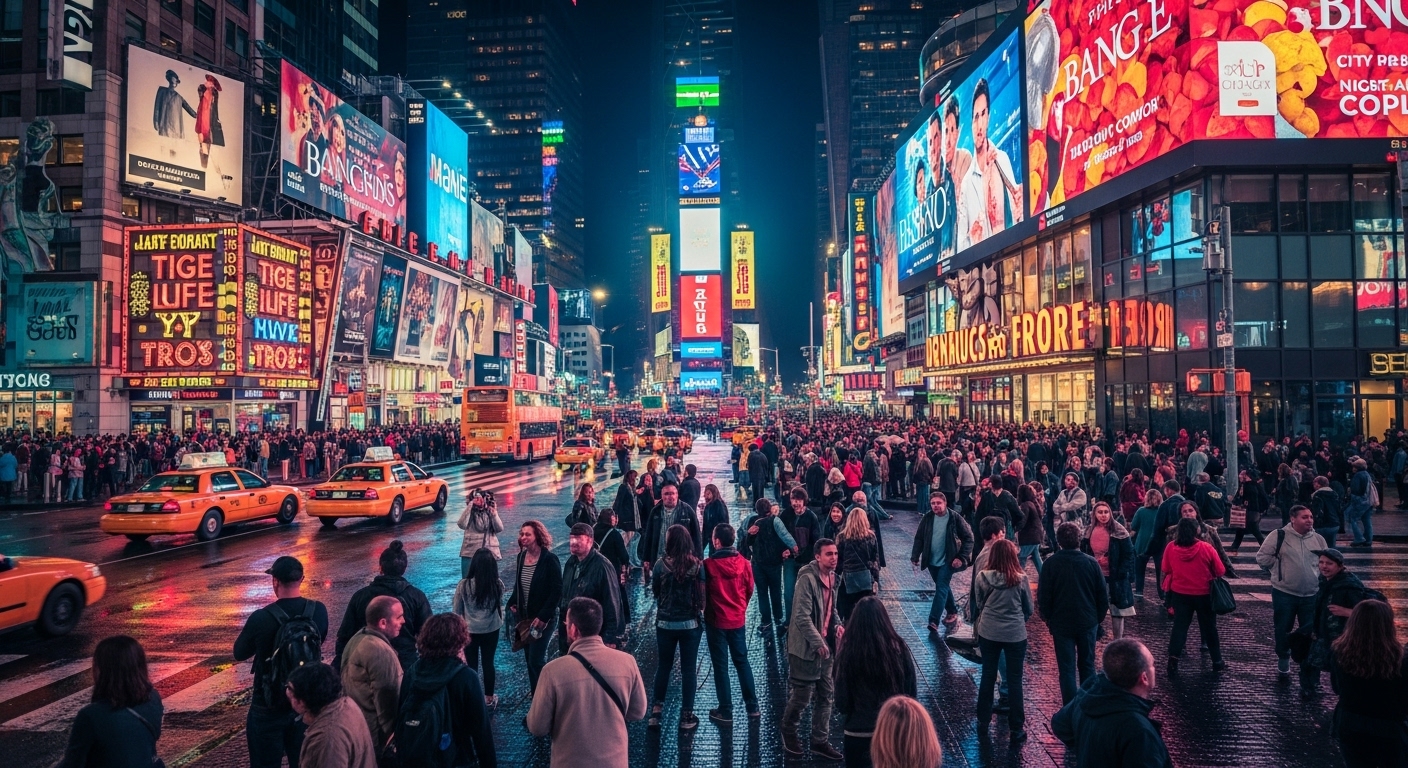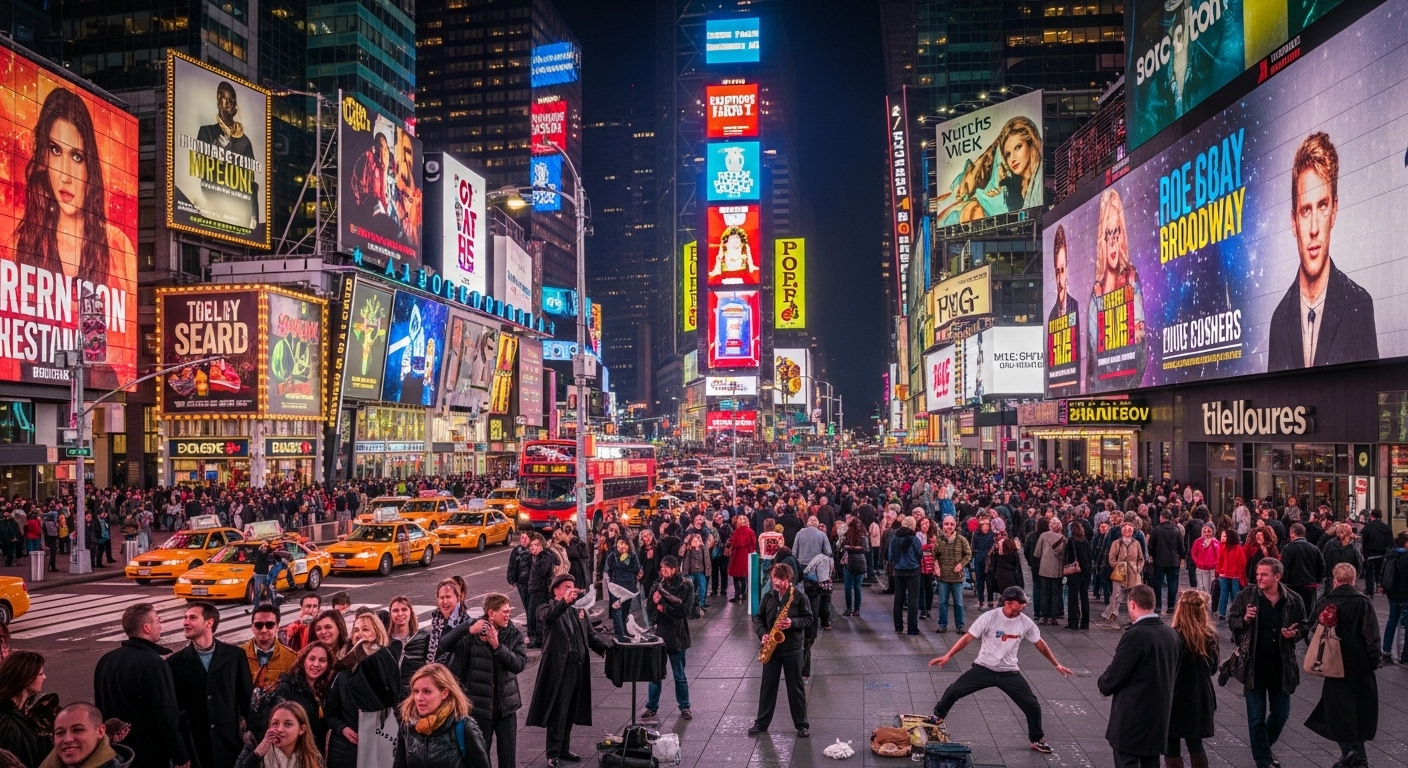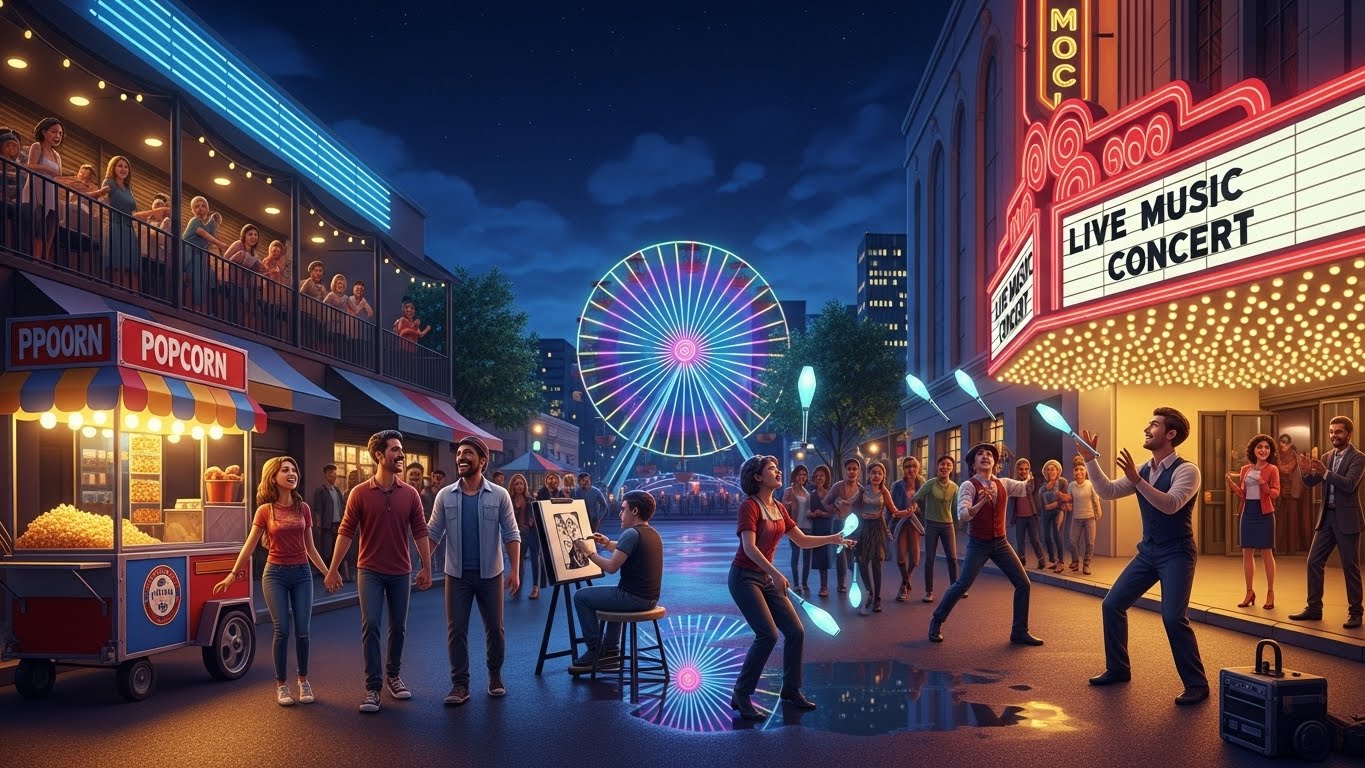In today’s world, entertainment is everywhere. Whether we’re watching a movie on a streaming platform, playing video games, or scrolling through social media, entertainment is woven into the fabric of our daily lives. For many, it’s a way to unwind or pass the time, but its impact goes far beyond mere distraction. Entertainment plays a crucial role in shaping our culture, influencing our emotions, and even guiding our personal growth. This blog explores the multifaceted role of entertainment and why it’s more than just an escape.
The Evolving Definition of Entertainment
In the past, entertainment might have been confined to simple forms—such as going to the theater, listening to the radio, or reading a book. Today, however, entertainment has expanded in ways that were unimaginable just a few decades ago. From interactive video games to virtual reality experiences, the boundaries of what counts as entertainment have blurred. No longer confined to passive consumption, entertainment now invites us to actively participate in the story, the game, or the experience.
With platforms like YouTube, TikTok, and various streaming services, we are no longer just consumers of entertainment but creators as well. Anyone with a camera and an internet connection can create content that might reach millions, reshaping the entire entertainment industry. This shift has made entertainment more accessible and democratic, giving a voice to creators from diverse backgrounds and allowing us to explore an endless range of genres and topics.
The Psychological Power of Entertainment
It’s easy to think of entertainment as a mere distraction, a way to “turn off” after a busy day. But its psychological effects are far deeper than we often acknowledge. Entertainment has the power to influence our emotions, shape our thoughts, and even affect our behaviors. For instance, watching a feel-good comedy can lift our spirits, while a tense thriller can heighten our sense of anxiety. Entertainment can mirror our inner worlds, providing comfort and catharsis, or it can challenge us to confront our deepest fears and desires.
Many people find that their favorite songs, movies, or shows become therapeutic. A song might bring back cherished memories, a film could provide a sense of connection, or a series may offer a welcome escape from the pressures of everyday life. Over time, entertainment becomes more than just an external experience; it becomes a companion that helps us process our emotions, cope with stress, and even understand ourselves better.
Building Connections Through Shared Entertainment
One of the most powerful aspects of entertainment is its ability to bring people together. In a world that’s becoming increasingly digital, it’s easy to feel isolated. Yet, entertainment serves as a common ground where individuals can connect and bond over shared interests. Whether it’s watching a popular TV series with friends, discussing the latest viral meme, or attending a live concert, entertainment provides a platform for social interaction.
Social media platforms, in particular, have created global communities of fans, where people can come together to discuss everything from their favorite shows to political issues. These online communities have made it possible for individuals to find like-minded people from all over the world, fostering friendships and networks that may not have otherwise existed. In this way, entertainment transcends geographical boundaries, creating a global conversation where ideas, stories, and cultures can be shared.
Entertainment’s Role in Cultural Evolution
Entertainment is not just a reflection of the present but also a powerful force that shapes cultural evolution. Through movies, music, and other forms of art, creators often address social, political, and environmental issues, challenging the status quo and sparking conversations about change. Think about how a film like “The Social Network” commented on the rise of social media, or how music from artists like Bob Dylan during the 1960s civil rights movement inspired change. Entertainment often pushes the envelope, encouraging us to think critically about the world around us.
Today, entertainment continues to be a mirror of societal values and struggles. From movies tackling racial inequality to documentaries addressing climate change, the entertainment industry serves as a powerful vehicle for social commentary. As new generations engage with these forms of entertainment, they help shape public opinion, mobilize activism, and bring awareness to important causes.
Entertainment as a Tool for Personal Development
While entertainment is often associated with relaxation and leisure, it can also be a powerful tool for personal growth. Educational platforms, documentaries, books, and podcasts allow us to explore new ideas, deepen our knowledge, and even acquire new skills. This form of “edutainment” is designed to entertain while also teaching, making learning more accessible and enjoyable.
Take the rise of motivational podcasts or self-help books, for instance. These forms of entertainment provide individuals with the tools to improve their mental health, enhance their productivity, and even foster personal transformation. In this sense, entertainment is not just a way to escape—it’s a means to evolve and become a better version of oneself.
Conclusion: Entertainment as a Mirror of Life
Ultimately, entertainment serves as both a mirror and a mold of our lives. It reflects the thoughts, emotions, and cultural shifts of the time, while also having the power to shape the way we think, feel, and interact with the world around us. Whether we’re consuming entertainment to escape, learn, connect, or challenge ourselves, it plays an indispensable role in the way we experience life.
So, the next time you sit down to watch your favorite show or listen to a new album, take a moment to appreciate how these forms of entertainment are not just a way to pass the time—they are shaping the world we live in, one story, one song, and one experience at a time.



